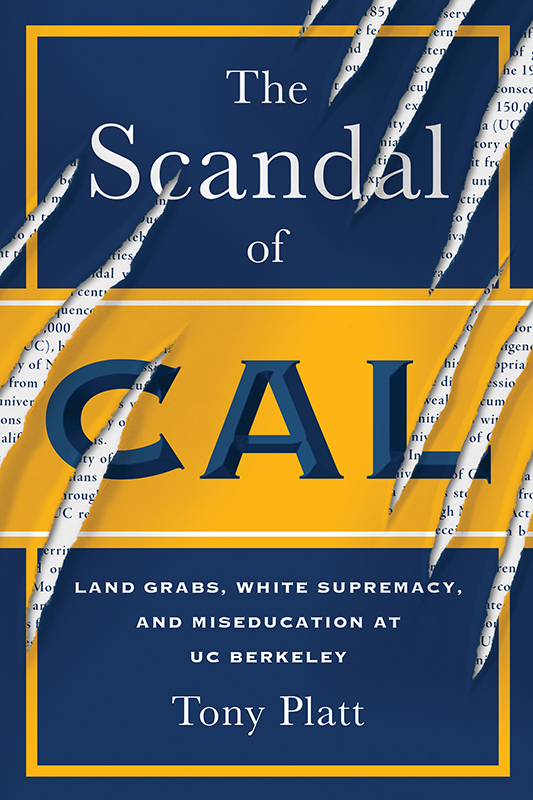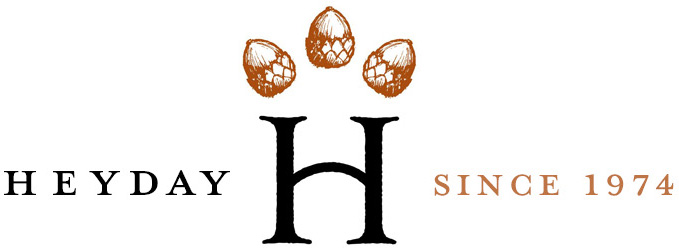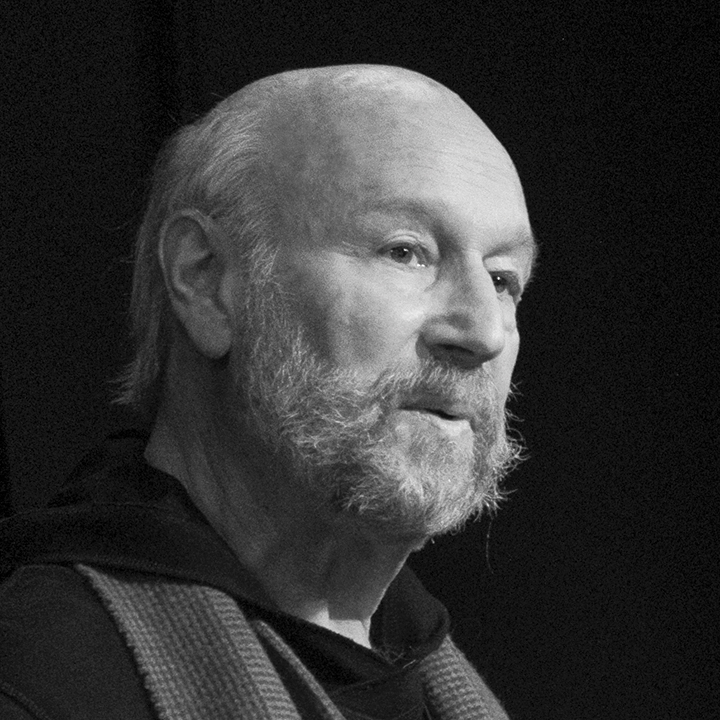The Scandal of Cal: Land Grabs, White Supremacy, and Miseducation at UC Berkeley

By
The University of California, Berkeley—widely known as “Cal”—is admired worldwide as a bastion of innovation and a hub for progressive thought. Far less known are the university’s roots in plunder, warfare, and the promotion of white supremacy. As Tony Platt shows in The Scandal of Cal, these original sins sit at the center of UC Berkeley’s history. Platt looks unflinchingly at the university’s desecration of graves and large-scale hoarding of Indigenous remains. He tracks its role in developing the racist pseudoscience of eugenics in the early twentieth century. He sheds light on the school’s complicity with the military-industrial complex and its incubation of unprecedented violence through the Manhattan Project. And he underscores its deliberate and continued evasions about its own wrongdoings, which echo in the institution’s decision-making up to the present day. This book, above all, illuminates Cal’s culpability in some of the cruelest chapters of US history and sounds a clarion call for the university to undertake a thorough and earnest reckoning with its past. It is required reading for Cal alumni, students, faculty, and staff, and for anyone concerned with the impact of higher education in the United States and beyond.
Reviews
"A profound alternate institutional history, one that sees the long arm of institutional racism implicated everywhere." Publishers Weekly

